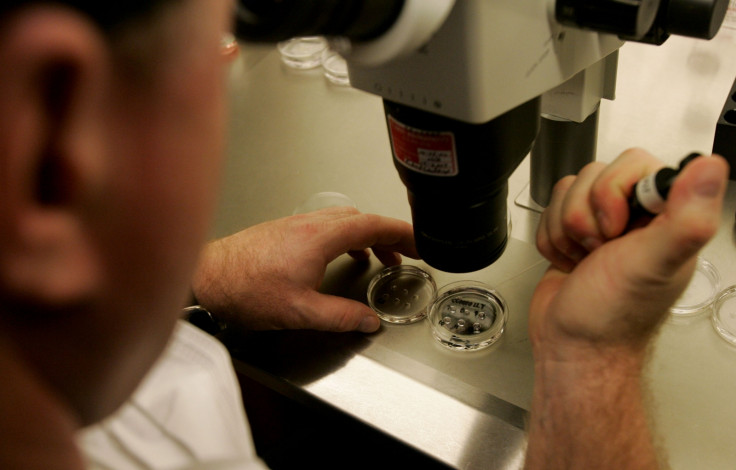Mother loses appeal to use dead daughter's frozen eggs to give birth to own grandchild

A woman has lost an appeal to use her dead daughter's frozen eggs to be able to give birth to her own grandchild.
The parents of the dead child, known only as "Mr and Mrs M", launched a High Court appeal in London to allow the mother to take their child's eggs out of storage to a US fertility treatment clinic.
The 59-year-old women and her 58-year-old husband said their daughter, who can only be referred to as "A" for legal reasons, was desperate to have children and had her eggs frozen after she was diagnosed with bowel cancer aged 23.
After realising she would never recover from her illness, her parents claimed she gave them permission to "carry my babies" and fertilise her eggs with help from a sperm donor.
The Human Fertilisation and Embryology Authority (HFEA) said the eggs could not be released from storage as the daughter did not give written consent on what to do with her eggs prior to her death in June 2011 aged 28.
Judge Justice Ouseley, sitting at the High Court, has now ruled the HFEA is right to block access to the women's eggs as she had not given the "required consent".
He said: "I must dismiss this claim, though I do so conscious of the additional distress which this will bring to the claimants, whose aim has been to honour their daughter's dying wish for something of her to live on after her untimely death."
The case was believed to be the very first of its kind anywhere in the world.
In a statement to the court, Mrs M claimed her daughter said prior to her death: "I didn't go through IVF to save my eggs for nothing.
"I want you and Dad to bring them up, they will be safe with you."
Mrs M's statement added: "She was clear that she wanted her genes to be carried forward after her death.
"She had suffered terribly, and this was the one constant in her remaining years from which she never wavered."
Catherine Callaghan, appearing for the HFEA, said: "There may be a natural human temptation to give the claimants what they are seeking but the court should be very reluctant to assume that, because this is the proposed course the claimants want, it must inherently follow that it was also what the daughter wanted in the absence of clear evidence to that effect."
© Copyright IBTimes 2025. All rights reserved.






















